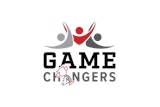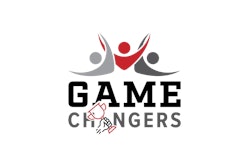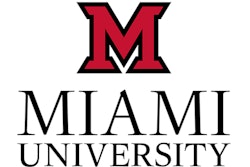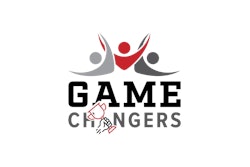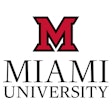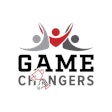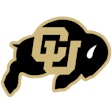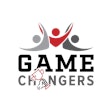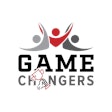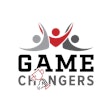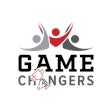University of Memphis assistant professor Richard Southall on his new veture, the College Sport Research Institute.
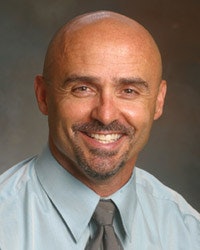
Q: What void will the CSRI fill? A: There's a long history of research into college athletics. Still, many people perceive a lack of an organization or entity that is there to encourage and support interdisciplinary and inter-university college sport research and also serve as a kind of consortium for researchers.
Q: How can CSRI's research benefit college athletics administrators? A: College athletics administrators need research done - some of them know that and some don't. We're not going to be looking at issues that have no relevance in the real world. We want to put theories into practice. For example, one of the projects we've already had submitted to us is on former college athletes' donation motivations. That's a real-world issue with some sociological issues underneath it.
Q: Why focus on college sports? A: Professional sport is business; it is treated as such. The interesting nexus in college sport is that it is educational, but it is also commercial. It is the conflict between those two institutional logics that drives a huge amount of the interest in college sport. For example, nobody questions when players in the NBA or NFL negotiate a collective bargaining agreement. But there is no union for college athletes. At the same time, to say Ohio State University's athletic department is not commercialized would be the height of naïveté. Ohio State makes money; it's commercialized. But it's also an educational institution. There's a lot of good fodder for research in that.
Q: What kind of parameters will there be for CSRI research? A: We're not going to be involved in performance or exercise-science research. We're looking instead at financial, sociological, cultural, political and issue-oriented research. The issues that are making headlines in newspapers and magazines are issues that we want to discuss. Given the nature of the beast, we will have more of a focus on Division I athletics, but more issues there are trickling down into Division II, Division III and the NAIA. Again, we're interested in those two conflicting institutional logics, and that's what's really driving the research for us.













